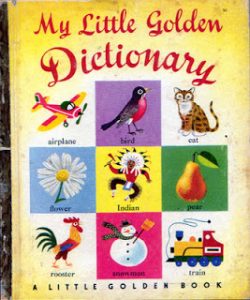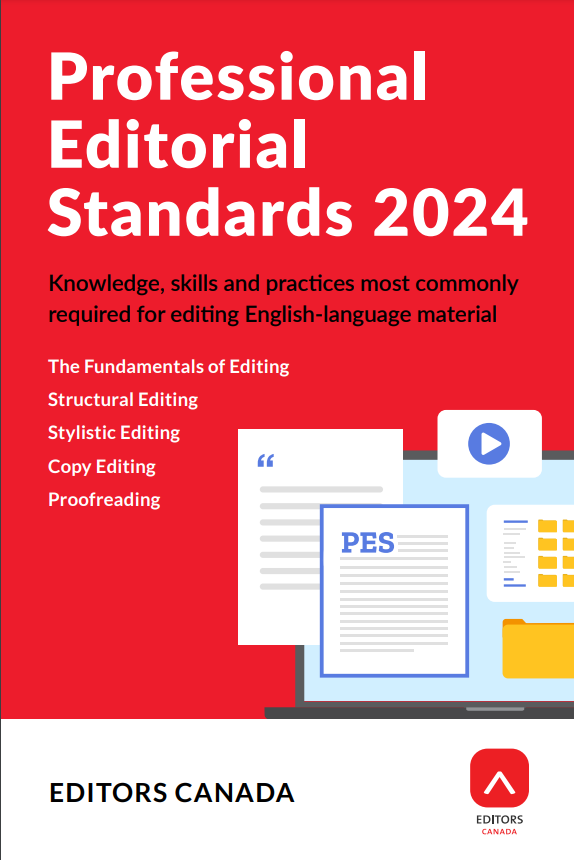One of the most common issues we run into as editors is capitalization—starting certain words with a capital letter or using capital letters for entire words.
Correctness versus correctitude

If you are an editor, you likely have an opinion about whether political correctness is a force for good or evil, and will have fought your own anti-bias battles against certain words and phrases.
Sociologist BJ Gallagher contends that “While the original intent of political correctness may have been good (to encourage tact and sensitivity … around issues of gender, race, religion, sexual orientation, physical abilities, and such)… political correctness has become a bigger problem than the problem it was intended to address.”
Perhaps, but only when we lose sight of the original intent.
While editing a non-fiction book a few years ago, I had a protracted exchange with the author about the word “Indian.” When I suggested she use “Aboriginal,” a generic term then considered more appropriate than “Indian” in certain contexts, she said, “I don’t like ‘Aboriginal people’ used to replace ‘Indians.’ It’s kinda wishy washy… as if trying a little too hard not to offend anybody.”
When I provided dictionary definitions, quoted style manuals, and shared what I thought were useful resources, her responses became testier. It didn’t help that the book contained thousands of “Indians” and hundreds of confusing “natives/Natives,” and that changing these meant work for her.
As the discussion continued she accused me of “taking the life” from her prose, of “pandering” (not sure to whom or what), and, finally, of “political correctness.” In a last effort to settle the debate, I said that employing terms acceptable to the ancestors of the people being described was simply respectful.
The author disagreed and I ended up deferring to her. It was her book after all, not mine, and it was only right to publish it with the terminology she wanted.
Still, the exchange lives on for me as a professional failure to make my case for accuracy. Where the author saw mystery, adventure, and allure in the word “Indian,” I saw dated usage, colonialism, and a lack of respect.
Would I fight this battle again and risk being labelled “politically correct” a second time? Yes, because I believe usage that doesn’t reflect the standards of the day needs to be identified and discussed.
How we use words changes decade by decade, and editors are responsible for keeping track of what is currently acceptable in specific contexts. For instance, if I were editing dialogue in a novel I would be unlikely to suggest replacing “Indian” with “Aboriginal,” but if I were editing a chapter in a college textbook about the settlement of North America I might, depending on the context—for example, in some places “Indian” might apply (say in a description of a historic treaty signing), while elsewhere “Aboriginal” might apply (say in a discussion of the consequences of that treaty signing today). And if I were editing a brochure about public health services for people of different backgrounds in a Canadian inner city neighbourhood, I’d consult with the author and publisher about the terminology preferred by the brochure’s audience.
Any editing change has to be made thoughtfully, especially those involving word choices that can alter the author’s voice. But while editors need to root out bias, they also must be careful not to go too far.
I like the distinction made in the “correctness; correctitude” entry in Garner’s Modern American Usage (Oxford, 2009), which suggests what going too far might mean: “Since the early ‘90s, correctitude has … sometimes been the choice to form the noun corresponding to politically correct. Perhaps the rectitude root connotes the elevation of political views to the level of religious fervor.”
As shown by CBC Radio’s This Is That (“a current affairs program that doesn’t just talk about the issues, it fabricates them”), correctitude makes a fine subject for comedy:
The Government of Canada has introduced stringent new guidelines for employee conduct in federal office spaces. We speak to a government Human Resources representative to find out why saying “God Bless You” might land civil servants in sensitivity training.
With Garner’s distinction in mind (and to avoid providing material for jokes about overzealousness), I’m going to begin my next anti-bias battle by acknowledging that political correctitude is indeed a foolish sanitizing of language, but that political correctness can be something quite different—the respectful selection of words for a specific context.
Wish me luck.
This Post Has One Comment
Comments are closed.




This is a great article. Thanks for sharing your experience with that author. I had a similar experience when political correctness was attacked in a communication classroom.
Respect for the reader IS the key consideration. I appreciate having the additional ammunition that you have provided.